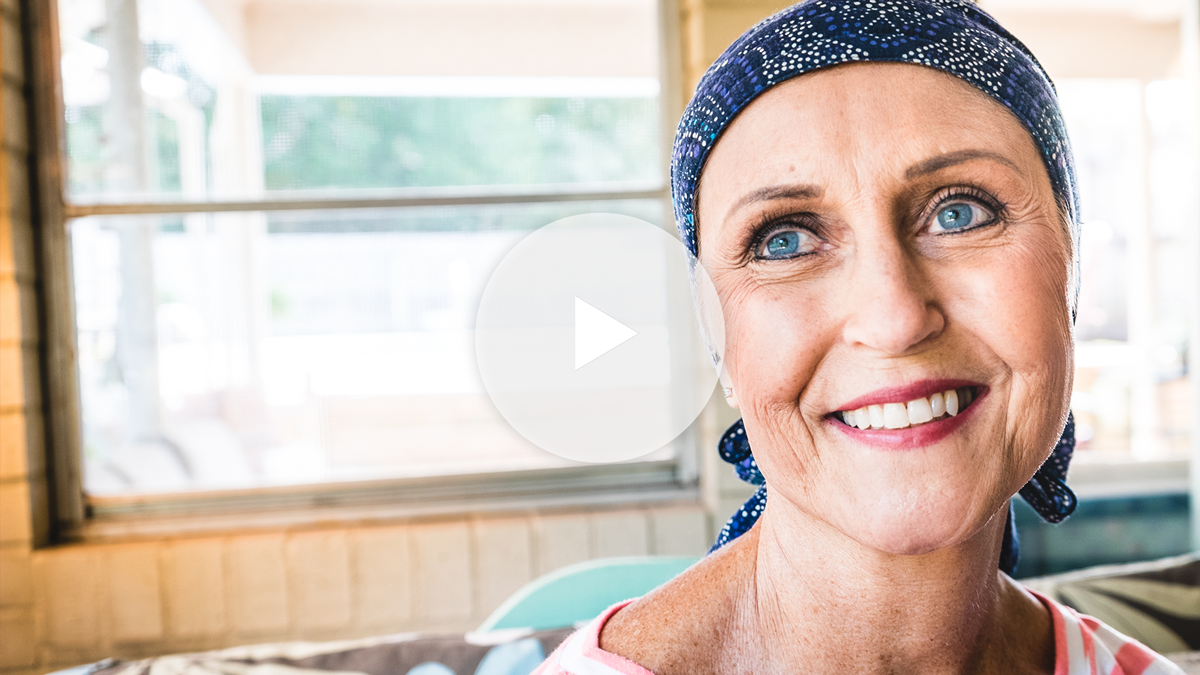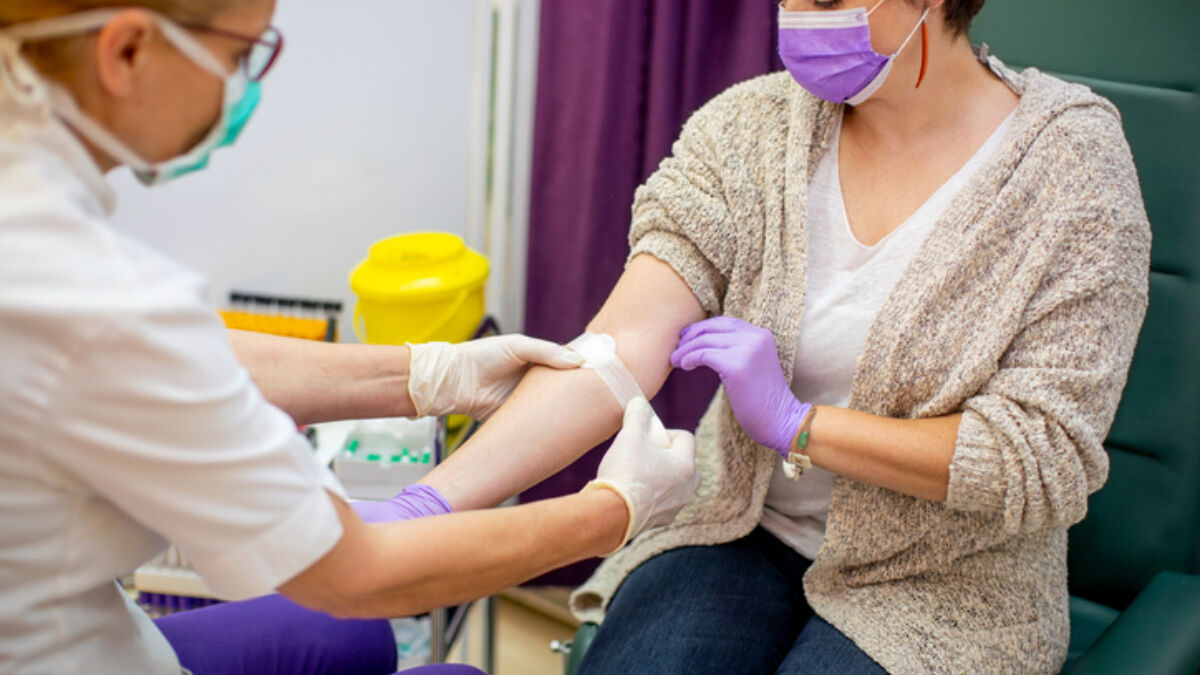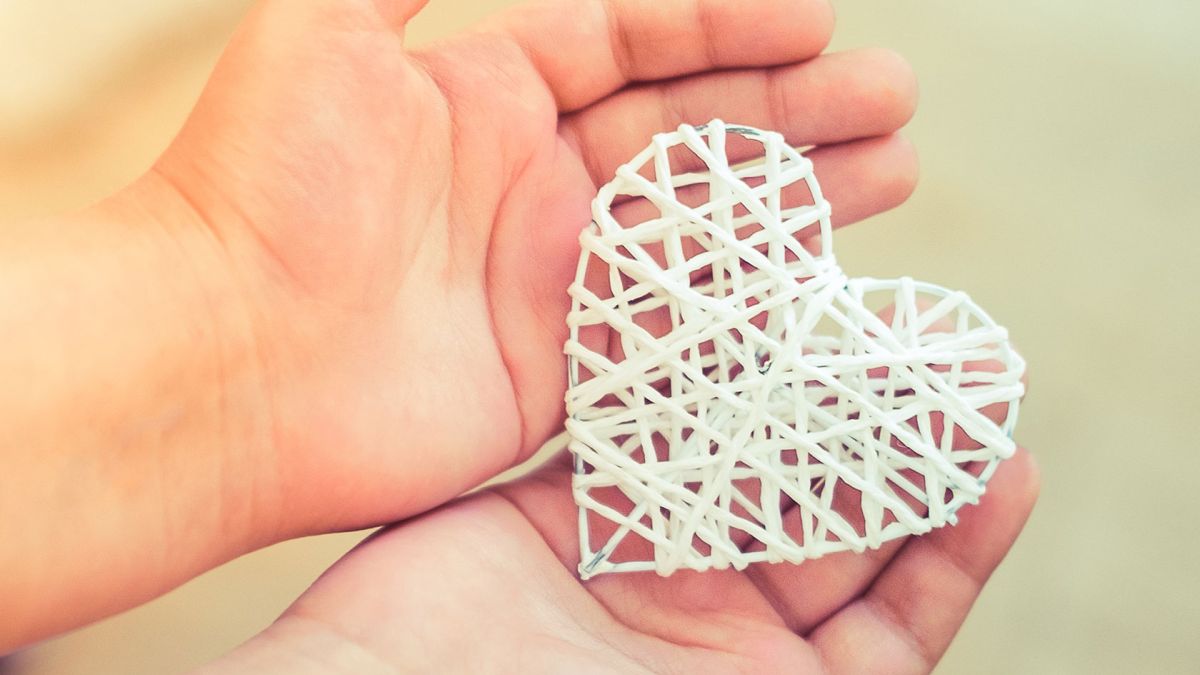Why choose Ochsner Health for your stem cell/bone marrow transplant?
If you or a loved one needs a stem cell transplant — also called a bone marrow transplant — for a hematologic (blood) condition, make Ochsner Health your first and last stop. Patients with cancerous and noncancerous hematologic conditions who choose Ochsner can take comfort in knowing we provide exceptional care every step of the way, from diagnosis and treatment to long-term follow-up and survivorship.
Expert care close to home. Ochsner Medical Center in New Orleans is the only center in the region to offer both autologous stem cell transplants (using healthy stem cells from your own body) and allogeneic transplants (using healthy stem cells from a donor). You never have to travel far for leading-edge stem cell transplantation and compassionate, comprehensive care before, during and after your transplant. You’ll also have access to virtual visits for first-time and follow-up appointments and ongoing support and resources from our survivorship program.
Nationally accredited for care. Ochsner’s Stem Cell Transplant and Cellular Therapy Program is fully accredited by the Foundation for the Accreditation of Cellular Therapy to perform bone marrow/stem cell transplants. The foundation is the only accrediting organization that addresses all quality aspects of stem cell and cellular therapy.
Advanced training makes a difference. The Ochsner stem cell transplant team includes some of the only physicians in the country who have completed additional training in stem cell transplantation and cell therapy. Our physicians are also actively involved in the American Society of Transplantation and Cell Therapy and American Society of Hematology. U.S. News & World Report has given Ochsner’s cancer care a mark of excellence for patient services and use of advanced technologies.
Sophisticated technology. Ochsner offers on-site processing and manipulation (forcing cells to work differently) of harvested stem cells at our cellular therapy processing lab. Patients receive care in a high-quality outpatient infusion suite and a dedicated blood cancer and transplant unit.
Pioneering research. Our cancer experts conduct ongoing, leading-edge clinical trials so we can introduce patients to new methods of prevention and treatment.


















